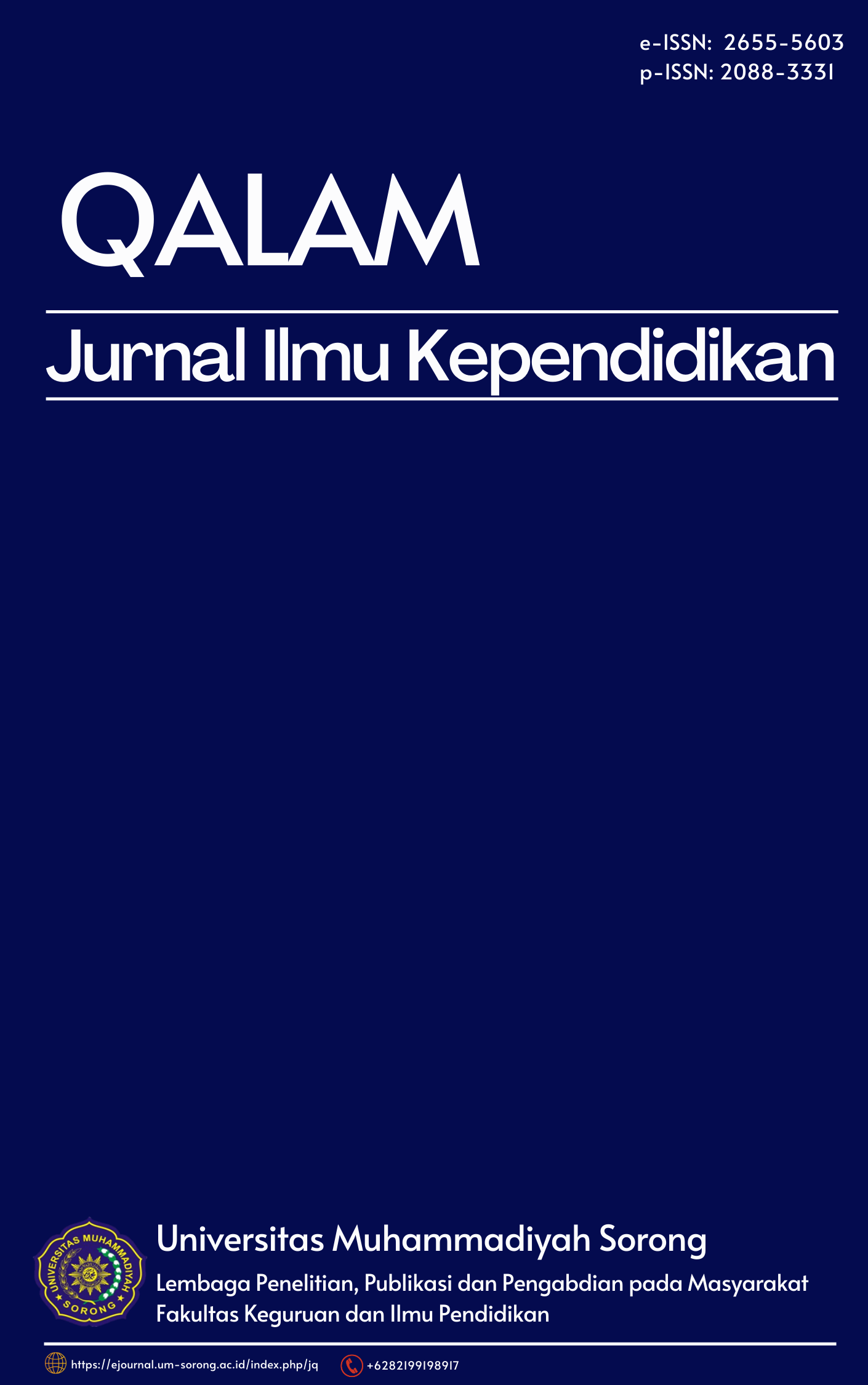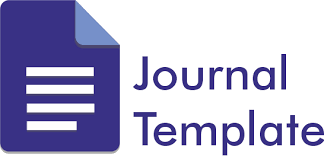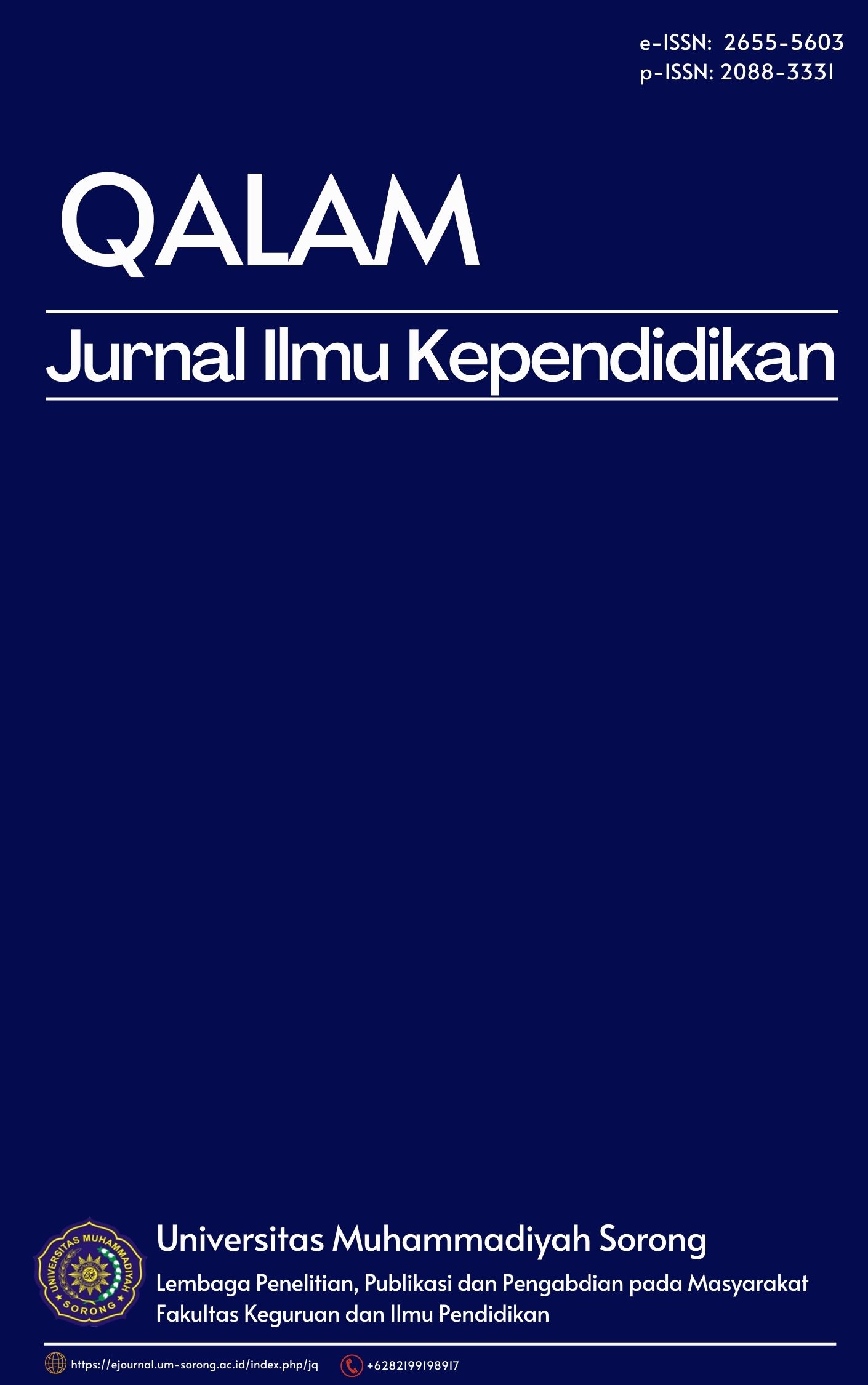The Use Of Paperless Learning Media In Efl Classroom: A Qualitative Study About The Use Of Paperless Learning Media In English Subject At Stimikom Stella Maris Sumba
DOI:
https://doi.org/10.33506/jq.v12i2.2957Abstract
English subject is one of the important subject at Stimikom Stella Maris. This international languawge is able to deliver students to international networks. To support the class, the media that usews in learning process not only modules but also paperless.This study reports the use of paperless learning media in STIMIKOM Stella Maris Sumba. In the informatics management study program, there are four classes. Each class has twenty students. The English course is given in the first and second of semester. This research uses a qualitative descriptive method with data collection techniques are interview, observation and documentation. The results of this study indicates that the paperless learning media in English subject class is beneficial to both the student and lecturer.
Keywords: paperless learning media, English Subject
References
Anderson, M.A., (1997). The evolution of a unit: from dusty books to paperless projects. [Online]. Web.
Anggraini & Kusumawardhani P. (2018). Modul Bahasa Inggris :Universitas Bina Sarana Informatika.
Baby K.Thomas & Muhammad Amir Saeed.(2020). Beyond The Classroom Through The Paperless Mode. International Journal Of Linguistic, Literature And Translation(ULLT). Vol. 3, No 1.
Bakalo, D. I., & Shishkovskaya J. V. (2012). Informacionno-obuchajushhaja sreda vuza v kontekste Internet-obrazovanija [Information learning environment of the educational institution in the context of Internet-education]. TSPU Bulletin, Vol. 4(119), No 6.
Craven Laurence. (2017). A Paperless Classroom: benefit and Challenges. [Online]. Web. Creswell, J.W. (2007). Qualitative inquiry and research design: Choosing Among Five
Approach. 2nd end. California: Sage.
Iskandar Trias Pyrenia & Winniw Wardiani. (2020). Penerapan Paperless Sebagai Media
Komunikasi Digital.(The Implication of Paperless as a Digital Communication
Media) Jurnal Ilmiah Lingkar Study Komunikasi,vol 4, No. 2.
Maxwell, J.A. (2005). Qualitative Research Design: An interactive Approach. Thousand Oaks,
CA: Sage Publications.
Polat, E. S., & Buharkina M. Yu. (1999). Sovremennye pedagogicheskie informacionnye
tehnologii v sisteme obrazovanija [Modern pedagogical and information technologies
in educational system]. Moscow: Akademiya Publishers.
Slowinski, J. (2000). If You Got IT Fluant: Construction Of A Paperless Classroom.
WebNetJournal.
Sugiyono. (2009). Metode Penelitian Pendidikan Pendekatan Kuantitatif, Kualitatif dan
R&D. (The Education Research Method of Kuantitative, Kualitative, R&D Approach ) Bandung.
Yuniarti, W. D. (2014). Utilizing Learning Platform For Paperless Classroom. Journal For Language And Foreign Language learning. Vol 3. No. 2.

Downloads
Published
How to Cite
Issue
Section
License

This work is licensed under a Creative Commons Attribution-ShareAlike 4.0 International License.
The article copyright is owned by the author and Qalam: Jurnal Ilmu Kependidikan

This work is licensed under a Creative Commons Attribution-ShareAlike 4.0 International License.




